Clean eating is a trendy term applied to various diets and nutritional philosophies.
From carnivores to vegans, everyone claims their diet is “clean”...and that can get confusing, fast!
So, what does clean eating really mean? Which foods are clean versus unclean? How do supplements fit into clean eating? And how can you apply this to your individual diet and nutritional needs?
Let’s unpack these questions and get to the bottom of what clean eating really means on a practical level.
So, What is Clean Eating?
Clean eating is not a specific diet, nutritional philosophy, or ideology.
At its core, it focuses on choosing whole, minimally processed, nutrient-dense foods while avoiding ultra-processed foods, artificial ingredients, unhealthy fats, excess sugar, and additives.
Clean foodies also generally want transparency in labeling and may prioritize sustainably-sourced, organically and regeneratively grown/raised foods, beverages, and supplements.
This is why the phrase is applied across varied diets and nutritional philosophies; as long as the focus is on whole, unprocessed, natural foods, those foods are considered clean.
Examples of “Clean” Foods
Though every nutritional philosophy varies, some examples of clean foods include:
- Whole fruits and vegetables
- Healthy fats such as avocado oil, olive oil, and coconut oil
- Healthy animal fats (in some cases), including tallow, ghee, and pastured butter
- Wild-caught, sustainably-sourced fish and seafood
- Whole eggs, preferably organic pastured
- Whole dairy products, preferably organic, pastured, and in some philosophies, raw
- Beans and legumes
- Nuts and seeds
- Additive-free plant milks
- Natural sweeteners such as cane sugar, coconut sugar, honey, molasses, monkfruit, stevia
- Whole grains
- Sea vegetables
- Minimally-processed breads and cereals, like whole oats, sourdough bread, gluten-free bread, granola, and muesli
- Non-GMO foods
- Organic foods
- Naturally-grown foods
- Organic meats, eggs, and dairy
- Pastured-raised meats, eggs, and dairy
- Sustainably sourced protein powders
- Whole organic non-GMO soy products
- Sea salt, Celtic salt, Himalayan salt
- Water
- Simple beverages like fresh additive-free fruit juices, mineral water, sparkling water
- Some diets even allow “clean drinks” such as organic, sulfate-free wines and clear organic liquors
Again, not all diets and nutritional approaches agree on what’s clean versus unclean.
For instance, vegans would not consider meats, fish, seafood, and dairy products to be “clean” and pure carnivores would not recommend grains or even fruits and vegetables, but this list provides a good general guideline.
Examples of Unhealthy Foods
What constitutes a clean versus an unhealthy food is controversial. However, nearly everyone agrees the following foods do not meet the “clean criteria”:
- Ultra-processed foods, like chips, snack cakes, chocolate bars, candy, cereals, etc.
- Foods containing excess sugar
- White flour and other refined grains
- White sugar
- Artificial sweeteners
- High fructose corn syrup
- MSG and MSG-like ingredients
- Artificial preservatives
- Artificial food additives
- Margarine
- Artificial food dyes
- Hydrogenated or partially hydrogenated oils
- Artificial flavors
- Ultra-processed vegetable oils
- Non-organic dairy products
- Conventional salt
- Factory-farmed meats
- Farmed fish and seafood
- Conventional, ultra-processed protein powders
- Conventional soy products
- Genetically-modified foods and ingredients
- Foods fried in ultra-processed vegetable oils
- Highly processed protein bars
- Salad dressings made with ultra-processed vegetable oils
- Sodas
- Energy drinks
Some diets have a much more restrictive view of unhealthy foods, but again, this is a general, comprehensive list.
7 Benefits of Clean Eating
Although the details are debatable, the benefits of a balanced diet focused on whole, unprocessed foods are undeniable, and include:
1. Weight-Loss and Easier Weight Management
A significant body of research has demonstrated that eating a “clean” diet, focused on whole plant-based foods, can help with weight loss when combined with healthy portion control and minimizing excess calories.
One study even showed people who focus on whole foods and limit minimally processed foods naturally eat fewer calories and lose more weight than those on ultra-processed diets, even when calories are matched.
This is likely due to various factors, including:
- The increased fiber from whole foods, which improves satiety
- The lack of food additives, many of which interfere with normal hunger signalling, create unhealthy food cravings, and zap energy. Also, many food additives are considered obesogens, substances linked to obesity
- Less salt from ultra-processed food can help reduce water weight
- Less sugar is better for blood sugar balance and metabolic health
- Less fat from ultra-processed foods, especially low-quality fats, has been shown in multiple studies to help with weight loss and weight management
- More water, either from drinking water or water-rich foods, helps curb excess hunger
Whatever the individual factors, research (and common sense) suggests eating clean with plenty of plants can help the waistline.
2. Improved Cardiovascular Function
Whether called eating clean or eating healthy, a heart-healthy diet has always involved increasing fruits, vegetables, whole grains, nuts and seeds, and lean proteins and limiting ultra-processed foods.
Plus, with new evidence emerging about the role of excess sugar and inflammation in cardiovascular health, clean eating is a perfect way to protect your heart for years to come.
3. Improved Metabolic Health
Metabolic health is a hot topic in the health and nutrition field, encompassing blood sugar balance, digestion, hormonal health, weight, thyroid function, cardiovascular health, gut health, and more.
Research has shown that diets rich in fruits, vegetables, and whole grains and low in ultra-processed foods and sugars lower the risk of type 2 diabetes and cardiovascular disease, two major metabolic health concerns.
Many leading integrative health experts also recommend clean eating plans such as Whole 30, paleo, plant-based, and high-fiber, high-protein diets as a tool to improve metabolic function.
4. Better Sleep
Many people report improvements in sleep after switching to clean eating, and the research agrees.
The reasons for this are multifaceted (and could fill an entire article), and related to how nutrients and nutrient deficiencies affect sleep, gut health, neurotransmitter function, oxidative stress, hormonal health, metabolic health, and much more.
Ultimately, when you eat better, you generally sleep better.
5. Better Mental Emotional Health
Most people understand the physical health benefits of eating clean, yet the mental-emotional benefits are less well-known.
Specifically, research has shown that a diet high in ultra-processed foods can increase the risk of mental and emotional health issues, while a clean diet rich in fruits and vegetables may lower those risks.
Much of this is likely due to the lack of food additives in a clean diet, many of which negatively impact the brain and neurological system, as well as the health benefits of clean foods for digestion, the gut-brain axis, hormonal health, and more.
6. Improved Gut Health
The gut microbiome is a vast network of bacteria, fungi, protozoa, and other friendly organisms designed to promote healthy digestion and overall health by breaking down food, assimilating nutrients, and assisting in various other biological processes.
However, healthy gut microbes (also known as beneficial or “good” microbes) can’t survive without the right type of fiber, known as prebiotics, which are found in plant foods.
Prebiotics resist digestion and ferment in the gut, where they provide food for friendly gut bacteria.
A clean diet, focused on a variety of fruits and vegetables, helps supply ample prebiotic and other gut-friendly fiber, along with essential nutrients for gut health, which promote a healthy gut microbiome.
In contrast, research suggests an ultra-processed diet is typically devoid of fiber and other nutrients and is detrimental to gut health.
7. Immunity Support
It is now widely accepted that a healthy gut supports a healthy immune system.
But eating clean doesn’t just support your gut-immune response, it also provides your body with vital immune-supportive nutrients such as zinc, vitamin C, vitamin A, B-vitamins, and vitamin E.
Add in the previously mentioned benefits of better sleep, and you can see how eating clean can provide a healthy boost for your immune system.
5 Helpful Supplements For Clean Eating
Switching to a cleaner diet rich in fruits, vegetables, whole grains, lean proteins, and healthy fats will automatically and significantly improve your nutrient status.
However, different types of clean eating or clean diets often benefit from specific supplementation.
Here are some of the best supplements to complement clean eating and a healthy lifestyle.
1. Multivitamins
A multivitamin is an excellent way to ensure you’re getting all the nutrients you need, no matter what your style of clean eating.
Here are a few tips for choosing the best multi for your clean lifestyle:
-
If you’re cutting back on red meat or going vegetarian or vegan, consider a multivitamin with iron. Although it’s best to have your levels checked first, vegetarians and vegans are at higher risk of iron deficiency.
- Consider Core Daily-1® for Women Multivitamin (certified vegetarian, certified gluten-free)
- Core Daily-1® Daily Multivitamin For Men
- If you’re eating a diet higher in meat, consider an iron-free multivitamin. If you’re doing paleo, low-carb, or a carnivore diet, chances are you don’t need the extra iron. Again, it’s best to have your levels checked first.
-
If you’re into organics, consider a whole foods-based multi. Whole-foods-based multivitamins are sourced from fermented whole foods and superfoods, making them a favorite of food purists and organic advocates.
- Consider RealFood Organics® Multivitamin For Women (certified vegan, certified gluten-free)
- Realfood Organics® Multivitamin For Men
- If you’re vegan, make sure your multi is too. Certain multivitamin ingredients, such as vitamin D3, may come from animal sources, so be sure to check labels for the Vegan symbol.
If you’re avoiding gluten or gluten-intolerant, make sure your multivitamin is third-party certified gluten-free. Many supplement ingredients may contain gluten, so third-party testing is essential.
All Country Life multivitamins are certified gluten-free and manufactured in a Certified Gluten-Free facility
Related reading: What Are The Best Multivitamin Ingredients For Women?
2. Vitamin D3
Vitamin D is one of those strange nutrients that isn’t found in a lot of foods, period. The most abundant source is the sunshine.
Unfortunately, most people don’t get enough vitamin D from the sun, mainly due to our predominantly indoor-based lifestyles.
Vitamin D is essential for bone health, immunity, hormonal function, cellular health, and healthy aging.
Most doctors now screen for vitamin D deficiency at annual checkups, but if yours doesn’t, you can always ask or order your own test through a local lab.
If your levels are suboptimal, your doctor or healthcare practitioner will likely recommend supplementation with Vitamin D3, the most absorbable form of vitamin D.
Country Life offers several vitamin D supplements, including softgels, gummies, and vegan D3 derived from lichen.
Shop Country Life’s Vitamin D supplement collection.
3. Digestive Enzymes
Changing your diet can create temporary changes in digestion and even lead to symptoms, such as gas and bloating.
Natural digestive enzymes are an excellent supplement to help ease minor digestive discomfort as you make the transition.
For example,
- Betaine Hydrochloride is excellent for those with hydrochloric acid concerns, or feelings of fullness or occasional heartburn after eating
- Full-Spectrum Maxi-Zyme® provides full-spectrum digestive support for fats, proteins, and carbs
- Tropical Papaya is a versatile and tasty digestive enzyme to help with all types of digestive complaints, particularly if you’re increasing protein intake
Shop Country Life’s Digestive Enzyme collection.
4. Probiotics
Probiotics can be used alongside digestive enzymes to support digestion, immune function, and gut microbiome health.
Probiotic supplements are especially helpful if you don’t care for fermented foods, have digestive issues, or need a specific strain for a health concern.
Country Life offers a range of targeted probiotic supplements, including:
- Dairy-Free Probiotic Power-Dophilus®: Offers a targeted blend of 12 billion CFUs per serving (at the time of manufacture†) of four probiotics to support digestive health and the large and small intestines.
- Dairy-Free Acidophilus: Provides 2.4 billion CFUs of probiotic acidophilus per serving (at the time of manufacture†) to promote gut microflora balance and digestive health.
Related reading: Prebiotics Vs. Probiotics: What’s The Difference?
5. Omega-3s
Switching to clean, pasture-raised proteins and fatty wild-caught fish is an excellent way to get more omega-3 fatty acids into your diet.
However, even clean eaters can still benefit from supplementation, especially if you’re not big on fatty fish, like salmon, sardines, or mackerel, or if you’re vegetarian or vegan.
Omega-3s are one of the most-researched nutrients linked to better heart health, normal inflammatory response, metabolic function, skin health, and healthy aging.
Country Life® offers a clean, contaminant-tested Omega-3 supplement sourced from the lowest mercury fish, salmon, mackerel, anchovies, sardines, and herring (SMASH).
Vegans and vegetarians can look for omega-3s from algae, as well as flax, chia seeds, and walnuts.
Related reading: The Best Omega-3 Fatty Acid Supplement & Food Sources
How to Get Started Eating Clean
Switching to clean eating doesn’t have to happen overnight, nor do you need to be “perfect” to reap the benefits.
Many experts recommend starting small by replacing some of your favorite less-healthy foods with better options. Here are some examples:
- Add one more fruit and one more vegetable to your day, increasing weekly up to 5-10 servings.
- Try swapping sodas for a cleaner soda, like one sweetened with stevia, fruit juice, or flavored sparkling water.
- Swap vegetable cooking oil for extra virgin olive oil, avocado oil, or coconut oil.
- Adjust your coffee or tea accouterments. Instead of adding artificially flavored, extra-sweet creamer to your coffee, try real half and half or a plant-based, sugar-free creamer, like oat milk creamer with some cane sugar, honey, coconut sugar, or stevia. Bonus points for switching to organic coffee or tea.
- If your budget allows, try swapping out conventional meats with grass-fed or organic meats.
- Swap refined grains, such as white bread, pasta, or cereal, with whole-grain or gluten-free options.
Try buying organic fruits and vegetables. No need to go 100% organic, just search “The Dirty Dozen” for a list of the most-sprayed produce, and start there.
Consider adding some clean supplements to your diet, such as a multivitamin, fish oil supplement, or others listed previously.
Small changes compound over time, and as you feel better, you’ll naturally want to eat cleaner.
Shop Country Life clean supplements to power your healthy lifestyle.
References Mentioned in This Article
- “A review of the alleged health hazards of monosodium glutamate”. Comprehensive Reviews in Food Science and Food Safety.
- “Ultra-processed food exposure and adverse health outcomes: umbrella review of epidemiological meta-analyses”. British Medical Journal.
- “Association Between Dietary Habits and Depression: A Systematic Review”. Cureus.
- “What Are We Putting in Our Food That Is Making Us Fat? Food Additives, Contaminants, and Other Putative Contributors to Obesity”. Current Obesity Reports.
- “Excessive ultraprocessed foods (UPFs) and poor nutrition tied to poor health”. American Heart Association.
- “Fruit and vegetable intake and the risk of cardiovascular disease, total cancer and all-cause mortality-a systematic review and dose-response meta-analysis of prospective studies”. Int J Epidemiol.
- “Long-term impact of mediterranean diet on cardiovascular disease prevention: A systematic review and meta-analysis of randomized controlled trials”. Current Problems in Cardiology.
- “Whole Food Plant-Based Diet Is Effective for Weight Loss: The Evidence”. Am J Lifestyle Med.
- “Ultra-Processed Diets Cause Excess Calorie Intake and Weight Gain: An Inpatient Randomized Controlled Trial of Ad Libitum Food Intake”. Cell Metabolism.
- “Global Impacts of Western Diet and Its Effects on Metabolism and Health: A Narrative Review”. Nutrients.
- “Relationship between Ultra-Processed Food Consumption and Risk of Diabetes Mellitus: A Mini-Review”. Nutrients.
- “Replacing ultra-processed foods in diet reduces type 2 diabetes risk”. University College London. ScienceDaily.
- “Ultra-Processed Food Intake and Risk of Insomnia: A Systematic Review and Meta-Analysis”. Nutrients.
- “Intake of ultra-processed foods and sleep-related outcomes: A systematic review and meta-analysis”. Nutrition.
- “Ultra-Processed Food Consumption and Mental Health: A Systematic Review and Meta-Analysis of Observational Studies”. Nutrients.
- “Prebiotics: Definition, Types, Sources, Mechanisms, and Clinical Applications”. Foods.
- “Gut Microbiota: An Important Link between Western Diet and Chronic Diseases”. Nutrients.
- “Vitamin D as a Shield against Aging”. International Journal of Molecular Sciences.
- “The Role of Vitamin D in Health and Disease: A Narrative Review on the Mechanisms Linking Vitamin D with Disease and the Effects of Supplementation”. Drugs.
- “Effects of Vitamin D on Fertility, Pregnancy and Polycystic Ovary Syndrome—A Review”. Nutrients.
- “Relative Efficacy of Vitamin D2 and Vitamin D3 in Improving Vitamin D Status:
- “Omega-3 Polyunsaturated Fatty Acids: The Way Forward in Times of Mixed Evidence”. BioMed Research International.
- “Omega-3 Fatty Acids”. The National Institute of Health Office of Dietary Supplements.
- “Health implications of high dietary omega-6 polyunsaturated Fatty acids”. J Nutr Metab.
- “Fish oil supplementation and insulin sensitivity: a systematic review and meta-analysis”. Lipids Health Dis.
- “The effect of Omega-3 fatty acid supplementation on weight loss and cognitive function in overweight or obese individuals on weight-loss diet”. Nutr Hosp.
- “Effects of Omega-3 supplementation on body weight and body fat mass: A systematic review”. Delpino, Felipe Mendes et al. Clinical Nutrition ESPEN, Volume 44, 122 - 129
- “Effects of Omega-3 Fatty Acids on Immune Cells”. International Journal of Molecular Sciences.


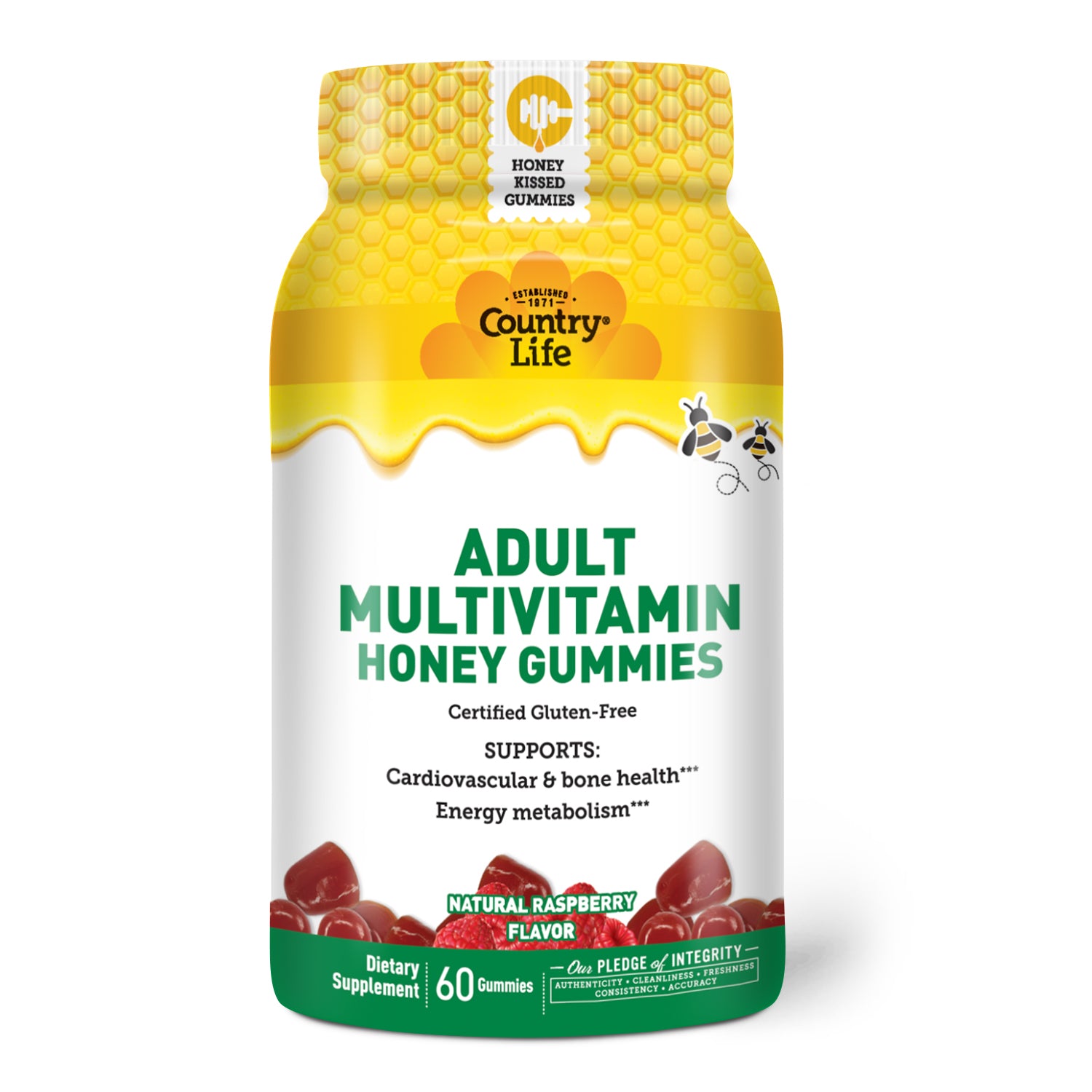
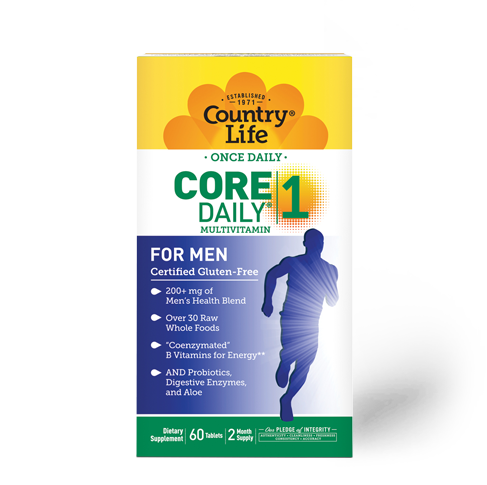
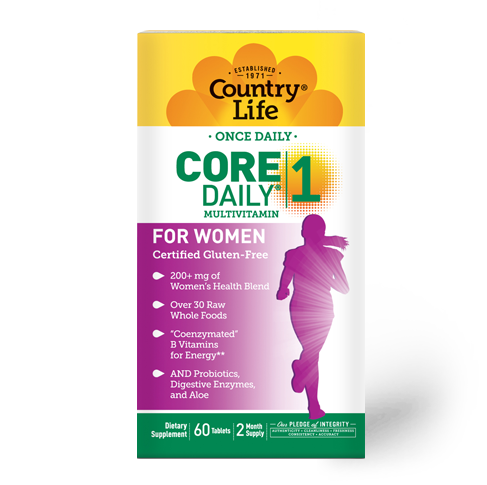
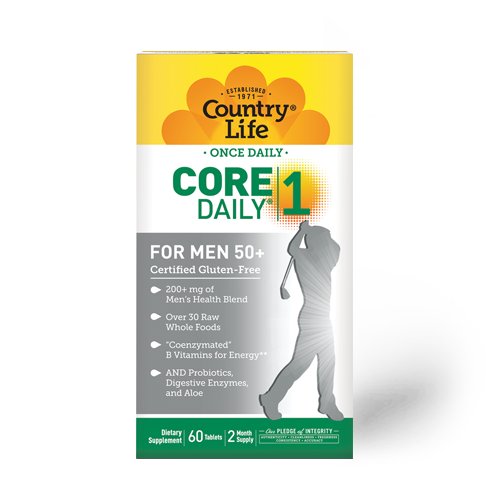
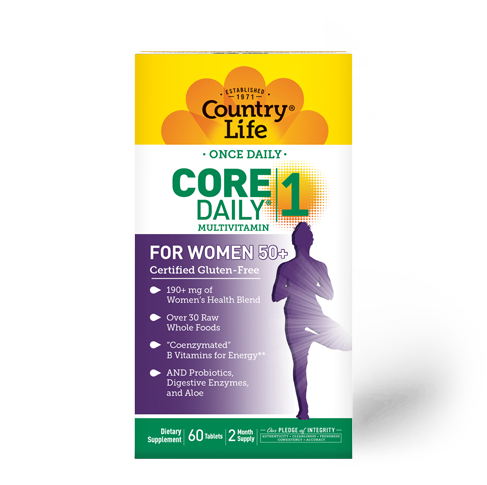
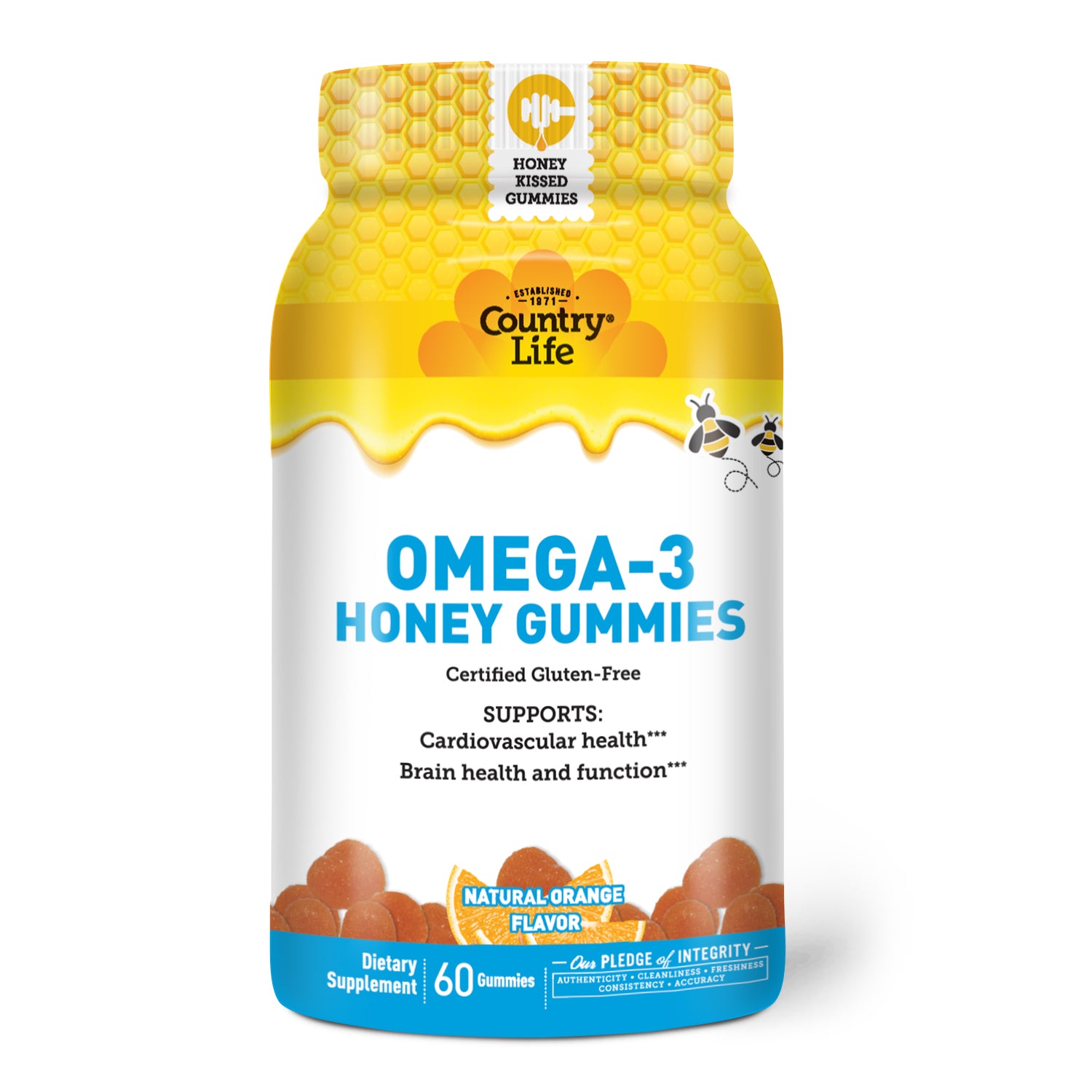
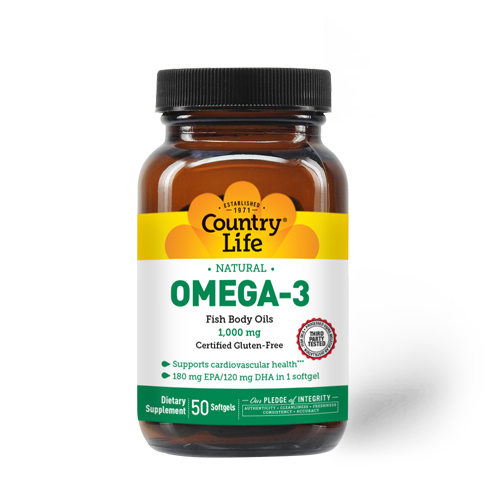
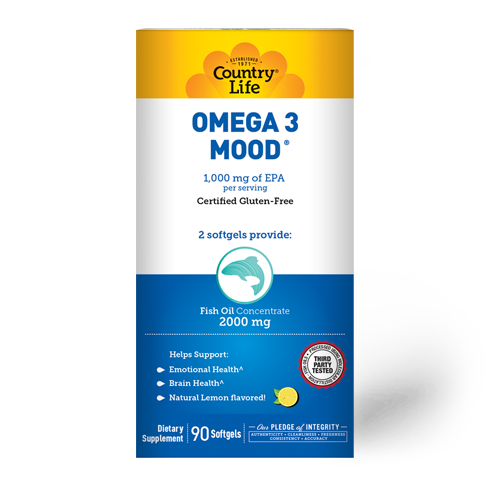










Share:
The Essential Supplements & Vitamins for Women in Their 30s, 40s, and 50s
The Best Supplements For The Carnivore Diet